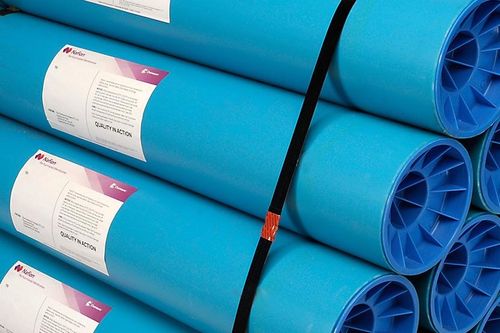The Chemours Company will invest $200m to increase capacity and advance technology for its Nafion ion exchange materials to support the hydrogen economy, according to a news release.
Chemours’ investment will support growing market demand for clean hydrogen generation using water electrolyzers, energy storage in flow batteries, and hydrogen conversion to power fuel cell vehicles of the future, the release states.
The investment will focus on the Nafion ion exchange materials technology platform, whose chemical properties can help generate clean hydrogen from water electrolysis. Nafion proton exchange membranes are used in fuel cells to convert hydrogen to power instantly, making fleets of zero-emission fuel cell-powered trucks, buses, trains, and cars a reality. The materials enable flow batteries to store excess renewable energy and convert it back to electricity, helping to solve the challenge of renewable power intermittency.






